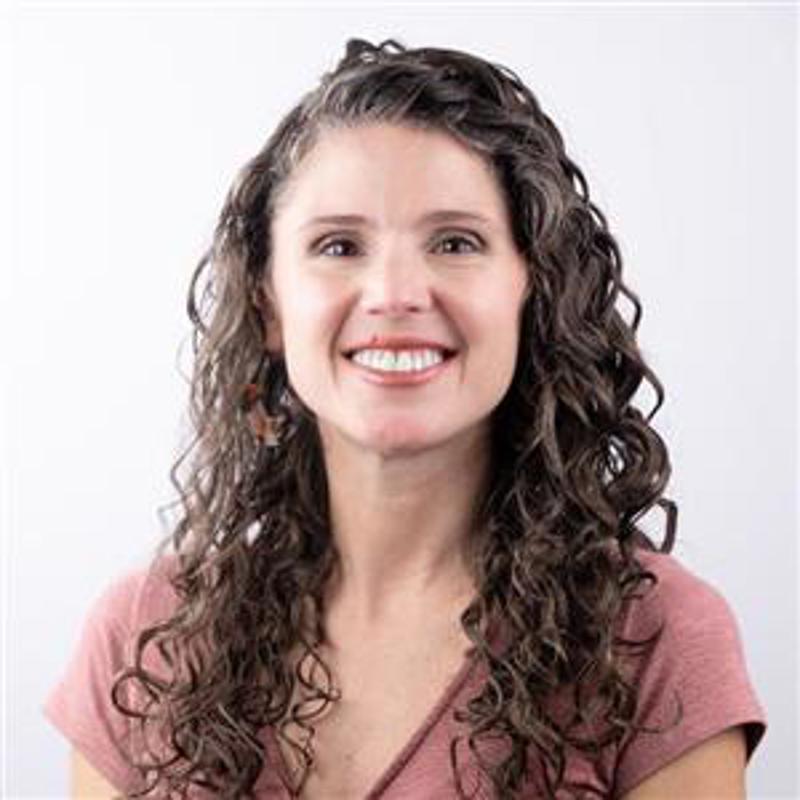Small-Town Staff Connect at First BMS User Conference
Last month, municipal staff from across North Carolina gathered in Greensboro for the League’s inaugural Black Mountain Software User Conference. For years, the Municipal Accounting Services (MAS) team has been supporting small-town finances, and this conference offered the first chance for town staff to come together, share knowledge, connect with peers, and gain confidence in the tools that help their towns thrive. Seventy-three participants attended the invitation-only event for towns in the MAS software conversion program, representing 38 municipalities across the state.




The software conversion program involves the transition from a town’s current accounting software to Black Mountain Software (BMS), which has been specifically designed with small town governments in mind. Along with funding the conversion, the League pairs each town with an accounting mentor who guides staff through the process and shares best practices. By the end of 2025, the program will have converted 34 towns to BMS, and another 13 towns are in the pipeline with conversions scheduled in 2026.
“We wanted to host the conference to give the towns that use Black Mountain Software an opportunity to get together, network, and learn from each other,” Diane Seaford, deputy director for MAS, said. “We also wanted to give them a chance to ask any questions that they might have and to build more confidence in using the software itself.”
The Town of Aulander has been engaged with the MAS program since 2023 but has not yet converted to Black Mountain Software. The town of approximately 750 has a target conversion date of May 2026. Town clerk and finance officer, Lynne Conner, shared how it can be challenging for small towns to spare staff members for a conference, but that the time spent at the BMS conference was worth it.
“I was apprehensive about two days away from my site, but it was very beneficial, and it was definitely worth the time,” Conner said. “Not only for the information that's provided, but also for establishing those relationships.”


The relationship-building was a priority of the conference, designed as an occasion for towns to interact directly with BMS representatives and NCLM accounting specialists, as well as an opportunity for towns in the program to connect with each other. The schedule intentionally allowed time for towns to connect, share experiences, and ask questions.
“All of us collaborating and having an opportunity to bounce ideas off each other … it put some more spark in me that I can do this. It's achievable,” Conner said.
The conference included tracks for towns who have completed conversions and those who have yet to undergo the full program. The track for converted towns included discussion and real-time walkthroughs of accounting topics such as utility billing and payroll within the BMS system. The track for non-converted towns covered more general accounting topics, as well as an informal Q&A where towns could ask questions and share their experiences.
The League’s support extended beyond planning and programming. By covering registration, accommodations, and meals for one attendee from each town, the League aimed to make the conference as accessible as possible, reflecting its ongoing investment in small-town success. More than anything, the two-day event wasn’t just about learning software—it was about building confidence and community that will last well beyond the conference.
“I hope people walked away from this conference feeling more confident about their ability to use and learn the software and feeling like they have a safety net that's going to be there indefinitely in other towns across the state that are using the software,” Seaford said.












